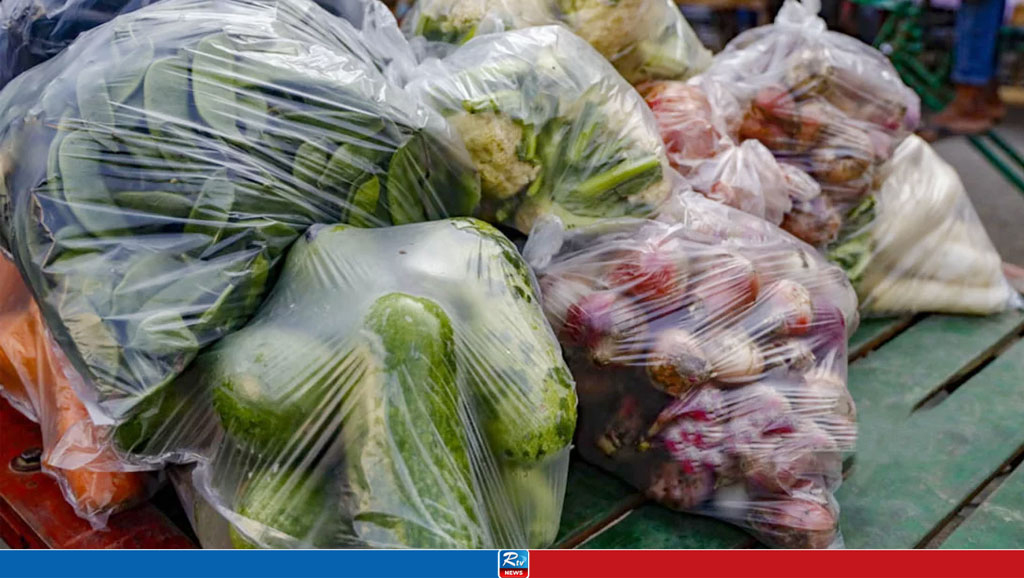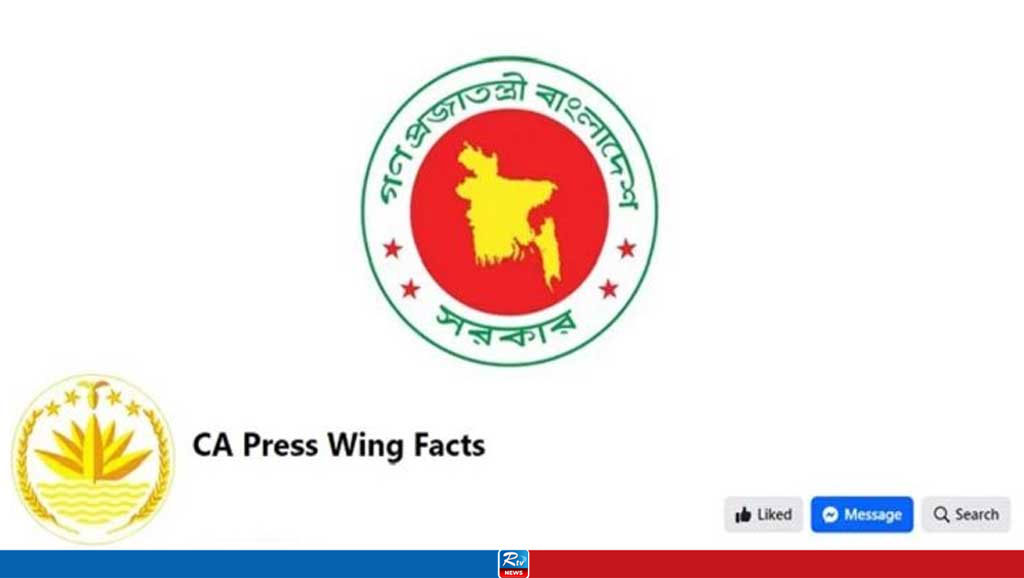Plastic Bags Banned in Fresh Markets Starting Today

Following supermarkets, the use of plastic shopping bags is now banned in the country’s fresh markets starting today. On September 24, interim government advisor on environment, forest, and climate change, Syeda Rizwana Hasan, announced this decision. She stated that from November 1, all types of plastic bags would be prohibited, and no customer should be given such bags. In addition, operations will be conducted in fresh markets and plastic bag manufacturing facilities as part of the enforcement.
To support this initiative, strict monitoring to curb the use of plastic bags starts today, and raids will also target plastic bag producers.
It has been reported that the government has decided to strictly implement measures to prevent the production, storage, transportation, marketing, and use of banned plastic and polypropylene shopping bags.
Starting October 1, plastic bags were banned in supermarkets, and now this ban extends to fresh markets. Alternatives such as jute, cloth, and paper bags will be used instead.
However, traders have expressed concerns. They claim that they have not yet received suitable alternatives to plastic bags. They ask how they will operate without plastic bags. If customers bring their own bags, the traders will use those. If suitable alternative bags are made available, they are ready to sell those as well.
Lincoln Gayen, coordinator of the Bangladesh Environmental Lawyers Association (BELA), told the media, "It is true that plastic is harmful to the environment, rivers, and soil, so it needs to be stopped. However, it is also true that the lack of alternatives has meant that previous bans have not been effective. We feel the public is still not fully prepared."
He advised that initial steps should target plastic production and distribution rather than fresh markets. Additionally, awareness efforts are needed to promote environmentally-friendly bags like jute.
Plastic bags were first banned in 2002, but for nearly two decades, the ban had little impact due to insufficient enforcement.
Experts believe that with sufficient alternatives in the market and increased public awareness, this initiative has a chance of success.
Comments
Hindu Candidates Not Barred from Govt Jobs: Press Wing

Plan to Integrate Metro Rail Payments with 'Alap Pay'

How to Download Online Versions of Textbooks from NCTB

CA Witnesses Bangladesh Army Winter Manoeuvre Exercise in Rajbari

Govt's New Plan for Saint Martin Island

Strong Earthquake Felt Capital and Other Parts of the Country

Bangladesh on Edge: Experts Warn of Looming Earthquake Disaster


 Live Tv
Live Tv





